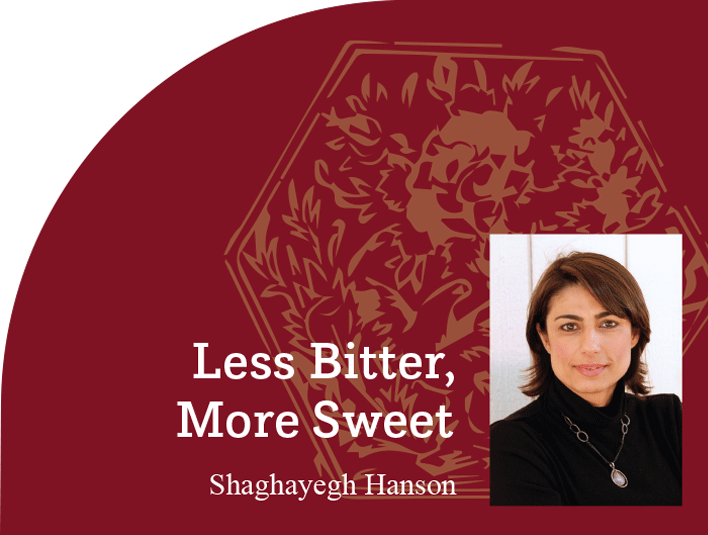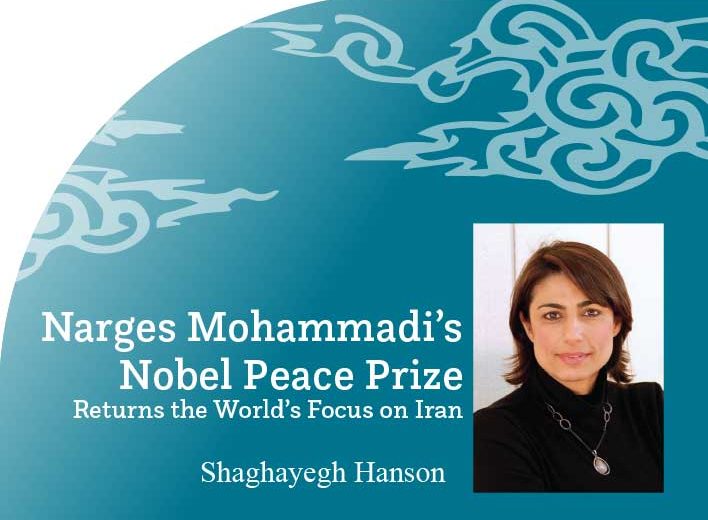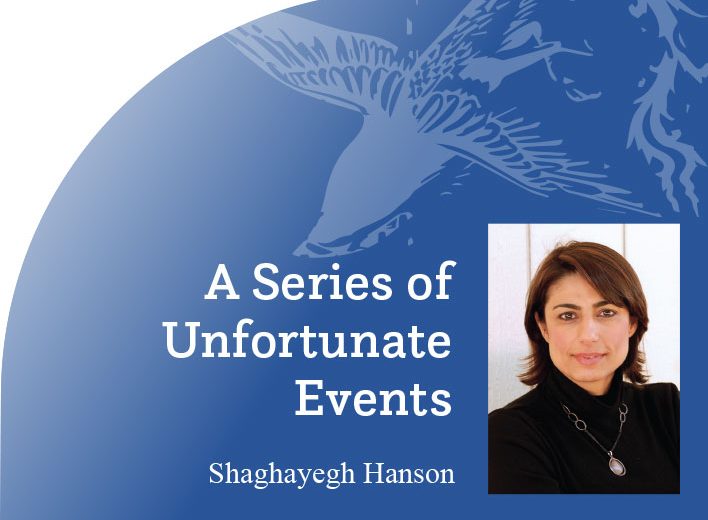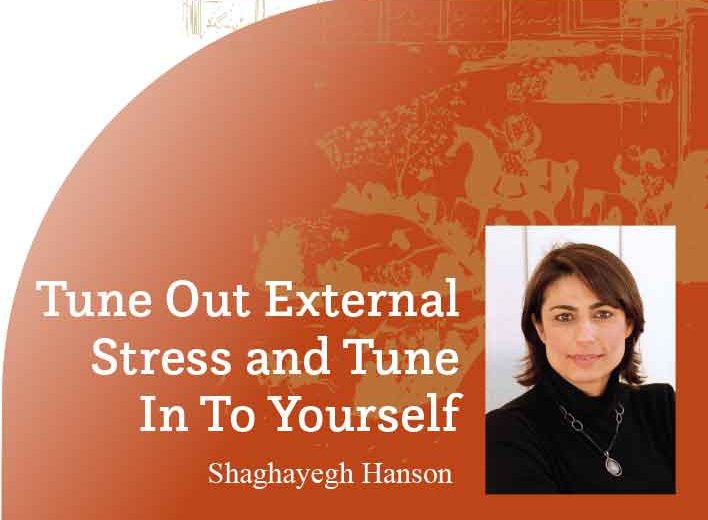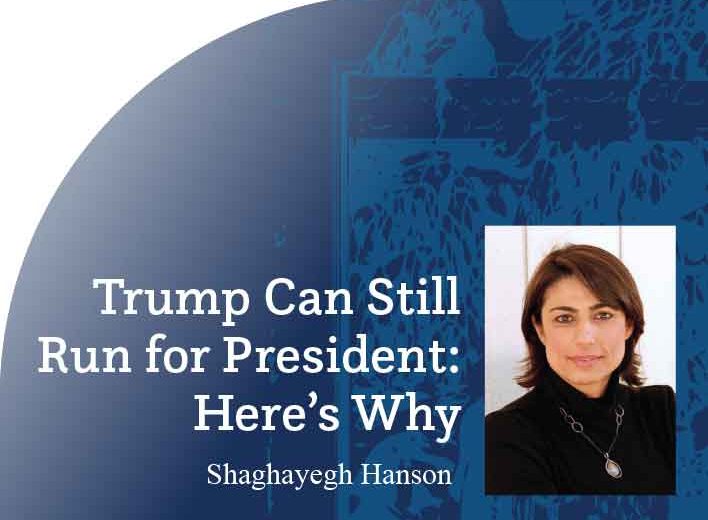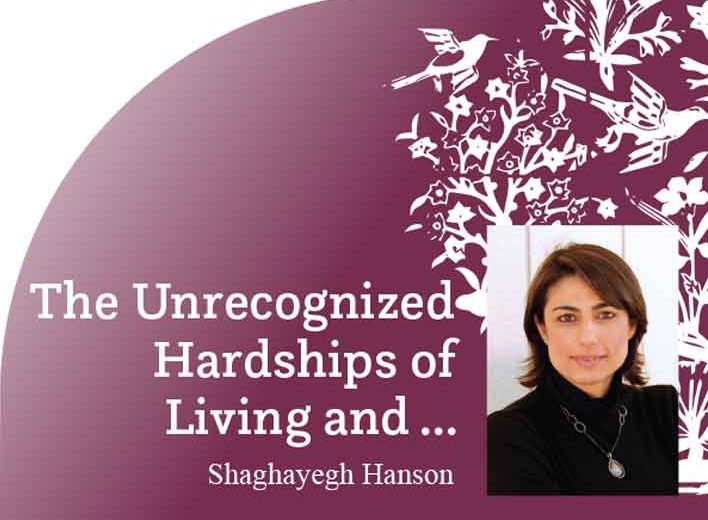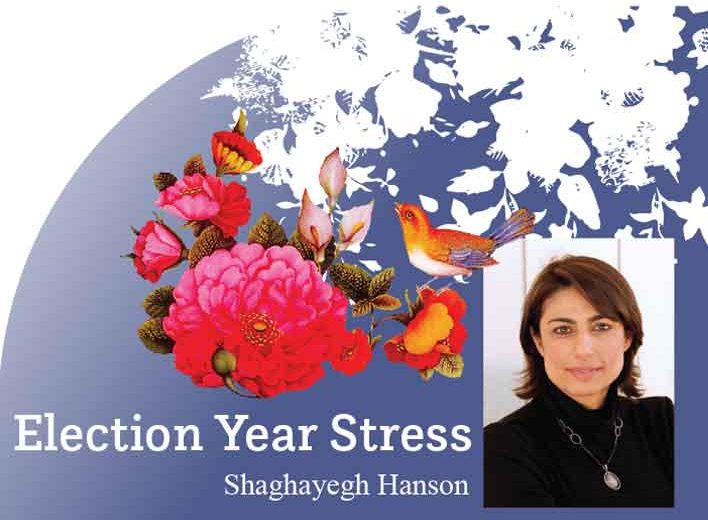Less Bitter, More Sweet
One of my favorite songs of all time is The Verve’s Bittersweet Symphony, written by the great British musician and singer Richard Ashcroft. It’s melodious and orchestral with crescendos that make you want to sing out loud. The lyrics can seem a bit depressing: “’Cause it’s a bittersweet symphony, that’s life/Tryna make ends meet, you’re a slave to money then you die.” Haven’t we all felt that way at some point or another? But it evokes something more; each one of our lives is like an epic novel filled with loves, losses, triumphs, failures, hopes, disappointments, and plot twists galore. And here we are starting another year in that symphony of life.
While I can’t control the bitter winds that have blown through in the last year, and likely will again in the next year, I fully control how I react and respond to them, which is a power I have not always recognized or taken full advantage of. I have read a lot of self-help books over the years, from the Chicken Soup for the Soul series to more psychologically-dense tomes such as Living Untethered: Beyond the Human Predicament by Michael Singer (which I highly recommend). I am by no means an expert on these things, but I do think it’s worth sharing a couple of major takeaways from all this reading with you:
Reflect without lingering on regrets or beating yourself up.
Be kind to yourself like you would to a friend or family member. We’ve all made mistakes, taken wrong turns, or failed to take the right course. An entire chapter of my life could be written on the times that I said or did something I truly regret. Wishing those moments had not happened—something I used to do frequently—is a colossal waste of energy. Acknowledging them, learning from them, forgiving myself for them (even if others don’t), and moving forward with positive intentions is a much better use of my time. Crucially, I have learned to give equal attention to all the good things that happen in the world, and to my personal accomplishments and the things that make me happy and give me joy. There lies my roadmap and vision for the future.
Set goals, but be SMART about it.
I’ve learned that setting goals for myself helps me avoid self-neglect because I have to ask myself what I want and need, rather than what is wanted from or needed of me as a parent, as a daughter, as my client’s lawyer, as a friend, the list goes on . . . . The psychology of goal-setting tells us to be SMART, which stands for Specific, Measurable, Achievable, Relevant, and Time-bound. At the beginning of last year, my recurring wish was to lose weight. I committed to losing at least 15 pounds by reducing meat in my diet and taking daily walks in the park by my house (Specific). I altered my grocery list and kept track of my activities (Measurable). I did not, as in years past, try to eliminate entire food groups or hire a personal trainer because, with my busy work schedule and various commitments, that didn’t seem realistic (Achievable). Although the triggering motivation for wanting to lose weight was, to be honest, vanity, it was also becoming necessary for other reasons in my life, such as my health (according to my cholesterol numbers), and the walks helped with my mental well-being (Relevant). Finally, I gave myself a generous deadline of 6 months to a year within which to accomplish my goal (Time-bound). I am happy to report that I accomplished my goal and even ran a 5K in November.
Yes, life can be a bittersweet symphony, but a new year is always a clean-slate chance to weigh the balance in favor of sweetness.

